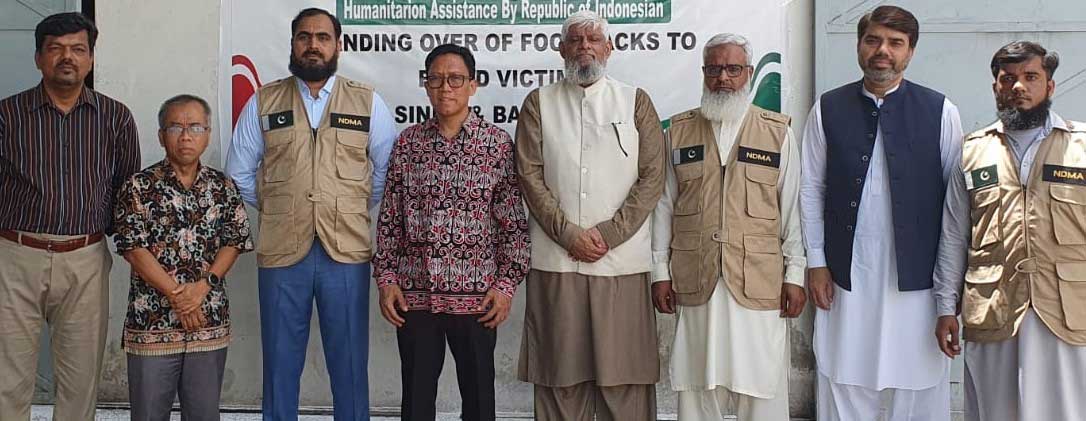Casteism, a deeply entrenched social phenomenon, permeates the fabric of societies in various parts of the world. It is a system that categorizes individuals into rigid hierarchical groups based on their birth, determining their social status, opportunities, and privileges. Casteism goes beyond mere discrimination; it is an extraordinary manifestation of human injustice, perpetuating inequality, and stifling the potential of countless individuals.
By assigning people to predetermined roles and limiting their aspirations, casteism shackles both the oppressed and the oppressor, impeding progress, and hindering the collective advancement of society.
The insidious nature of casteism lies in its ability to penetrate every aspect of life, dictating social interactions, education, marriage, occupation, and even access to basic human rights. From generation to generation, individuals are forced to bear the burden of their ancestors’ caste, being denied opportunities solely based on their birth right.
This extraordinary manifestation of discrimination perpetuates a cycle of inequality, trapping people in a system that denies them the chance to break free from their predetermined societal roles and contribute fully to their communities.
Casteism inflicts profound psychological and emotional scars on its victims. From a young age, individuals are indoctrinated with the notion that their worth is predetermined by their caste, eroding their self-esteem, and instilling a sense of inferiority. The oppressive nature of casteism fosters a toxic environment where prejudice and discrimination are normalized, perpetuating divisions, and deepening social fault lines.
This extraordinary societal construct not only marginalizes individuals but also deprives society of the rich diversity of talents, ideas, and perspectives that could thrive in an egalitarian environment.
Overcoming casteism requires an extraordinary collective effort to dismantle deeply rooted prejudices, challenge traditional norms, and establish a more inclusive society. It demands introspection, education, and the recognition that every individual deserves equal opportunities and dignity, regardless of their caste. Breaking free from the chains of casteism necessitates a paradigm shift in attitudes and policies, where meritocracy triumphs over birth-based discrimination.
By fostering empathy, promoting social justice, and ensuring equal access to education and opportunities, we can dismantle this extraordinary system that has plagued humanity for centuries.
Ultimately, the fight against casteism is not just about achieving equality for the oppressed castes but also about liberating society from the constraints of a deeply entrenched and unjust system. It requires extraordinary courage to challenge the status quo, confront ingrained biases, and strive for a future where individuals are valued for their abilities, character, and contributions rather than their caste.
By working together to dismantle casteism, we can create a society that truly embraces the principles of equality, justice, and human dignity, fostering a brighter future for generations to come.
Breaking the chains: Unraveling the extraordinary reality of casteism




